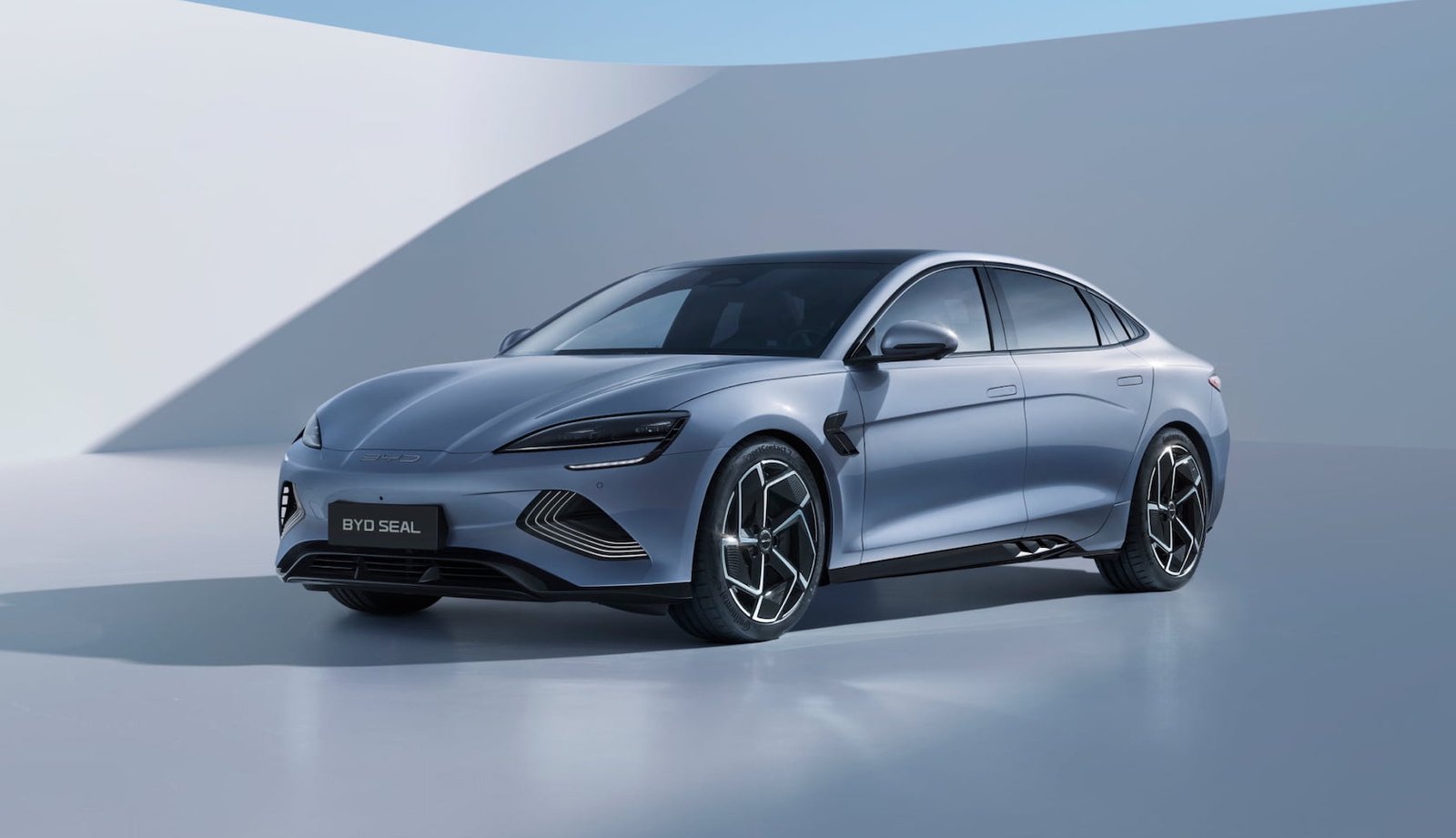Even though BYD had to pay more in tariffs than Tesla, the Chinese company sold more pure battery electric vehicles in Europe last month than any other company in history. A study from JATO Dynamics calls this a “watershed moment” for the region’s car market.
New entries for cars The car intelligence firm says that BYD’s Europe volumes rose 359% in April compared to the same month last year. This shows that the company is still trying to grow around the world.
JATO said that during the same time frame, Tesla reported yet another monthly drop, this time with total volumes down 49%. That came after people in the area protested against CEO Elon Musk and the company. The info that JATO uses comes from 28 European countries.
Even though the EU put harsh taxes on battery electric vehicles made in China last October, BYD has had success in the EU. The EU said that the move was caused by unfair trade tactics.
The harsh taxes seemed to favor Tesla because its made-in-China cars were charged 7.8% more than BYD’s, which were charged 17%. It cost as much as 35% more for other Chinese companies that make electric vehicles. There is also a usual 10% duty on cars coming into the EU.
Getting ready for battle
Felipe Munoz, a global car analyst at JATO, said that the difference in April sales between the two EV makers was not very big, but that BYD beating Tesla would have “huge” effects.
JATO also said that BYD is selling more cars than well-known European names like Fiat and Seat in France, for example.
“This is a turning point for Europe’s car market,” Munoz said. “Especially when you consider that Tesla has led the European BEV market for years and BYD didn’t start doing business outside of Norway and the Netherlands until late 2022.”
Even before it starts making cars at its new plant in Hungary, which will become the center of production in Europe, BYD is growing.
Liz Lee, associate director at technology market research company Counterpoint Research, told CNBC that Europe is becoming a key battleground between BYD and Tesla. She also said that the market for electric vehicles in the region is likely to grow faster this year than in China, which already has a lot of them.
Lee says that the taxes have made it more important for Chinese automakers like BYD to move production to the region. Reports say that Tesla is also working on plans to increase the number of factories it has in Germany.
JATO’s study said that tariffs initially hurt the sales of Chinese automakers, but the companies have made up for it by adding plug-in hybrids to their European lineups and adding more models.
“Not only does China make the most BEVs, but its automakers also make the most plug-in hybrids,” Munoz said.
Battery electric vehicles (EVs) only use electricity, while hybrid vehicles have both an electric battery and an internal gas engine. EU taxes have not yet been aimed at hybrid cars.
At the same time, demand for electric vehicles (EVs) in the area has been rising. According to JATO data, registrations of battery EVs and plug-in hybrid electric vehicles are up by 28% and 31%, respectively, while registrations of vehicles with internal combustion engines are going down.
The study also said that the number of registrations for all electric cars made by Chinese automakers in April rose by 59% year over year, to almost 15,300 units.
Before the EU decided on tariffs last year, Rhodium said that tariffs would have to be as high as 55% for Chinese EV producers to not want to go to Europe.
It was announced in March that BYD had more yearly sales than Tesla, which only sells electric cars.
During that time, Tesla’s shares have dropped more than 10% because of negative reactions to Musk’s work with President Trump’s government. The CEO recently said that he would lead Tesla for the next five years.
Thursday, BYD shares were up 3.9% in Hong Kong. So far this year, they’ve gone up about 78%.

